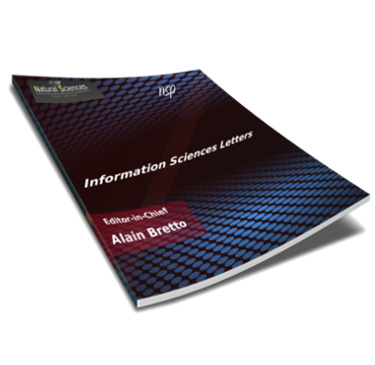
Information Sciences Letters
Abstract
This study investigates the multidirectional relationship between the stock market and macroeconomic variables in relation to non-economic variables. During the period 1988-2019, annual time series data from the World Bank and ASE was used. To test the integration of the tested variables, the VAR and VECM techniques are used. The finding shows that the stock market index and the macroeconomic variables under study have a long-term equilibrium relationship. The non-economic variables show that the GFC had a negative impact on the stock market index, as well as a major impact of the Gulf War in 1991, September 11, 2001, Iraqi invasion in 2003, Amman bombing in 2005, and the Syrian civil war. The results also show that ECT is negative and significant in the main model, supporting the speed with which disequilibrium adjusts from short-run to long-run equilibrium. The results also show that ECT is negative and significant in the main model, supporting the speed with which disequilibrium adjusts from short-run to long-run equilibrium. Investors may benefit from the different effects of macroeconomic variables on stock market returns in terms of portfolio diversification and risk-return strategies in terms of portfolio diversification and risk-return strategies. The studys findings have important implications for a variety of stakeholders, including investors, governments, and policymakers. By using macroeconomic data to make investment decisions, investors and portfolio managers can benefit from their portfolios.
Recommended Citation
Matar, Ali
(2023)
"Multidirectional Relationships Between Stock Markets and Non-macroeconomic Variables,"
Information Sciences Letters: Vol. 12
:
Iss.
1
, PP -.
Available at:
https://digitalcommons.aaru.edu.jo/isl/vol12/iss1/35

